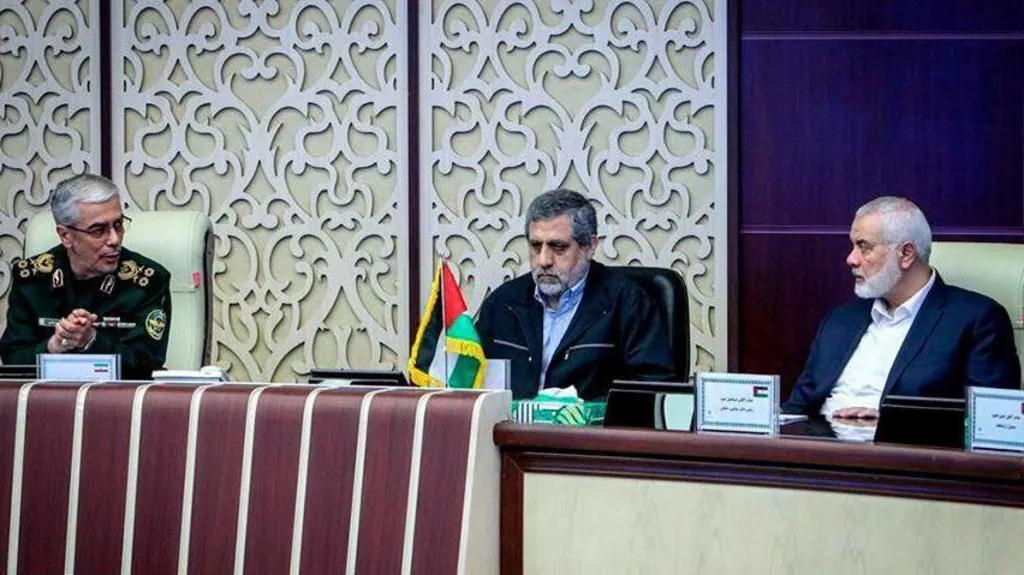The recently brokered Gaza ceasefire is offering Israel a rare opportunity to mend its strained international relations after months of global criticism over the devastating two-year conflict.
Public opinion in the West has shifted dramatically since Hamas’ October 7, 2023 attack that left 1,200 Israelis dead and 251 taken hostage. While Israel’s offensive aimed to eliminate Hamas, the humanitarian cost has eroded global support. Gaza’s health authorities report over 67,000 Palestinians killed, leading several Western nations to officially recognize a Palestinian state a move fiercely opposed by Prime Minister Benjamin Netanyahu’s government.
Israeli officials and analysts acknowledge that the ceasefire, which includes the release of hostages and detainees, could mark the beginning of rebuilding Israel’s damaged reputation. “This could help Israel regain some of the empathy and legitimacy it lost during the war,” one official told Reuters.
Experts, however, stress that words alone won’t be enough. Former Israeli military spokesperson Peter Lerner called for “a credible commitment to peace, protection of innocent lives, and respect for international law.”
Polls reveal that 66% of Israelis fear international isolation, a growing concern amid charges of genocide leveled by a UN commission accusations Israel firmly denies. Analysts say Netanyahu’s failure to engage diplomatically with Western concerns has deepened the country’s isolation.
The ceasefire, mediated by the U.S., Egypt, Qatar, and Turkey, includes plans for a “Board of Peace” led by U.S. President Donald Trump to oversee implementation. Yet, challenges remain, including the creation of a Palestinian technocrat administration and the demilitarization of Gaza.
Pnina Sharvit Baruch of the Institute for National Security Studies urged Israel to build on Trump’s peace plan and restore partnerships with moderate Arab states. “Such a course would not only strengthen regional security but also rebuild Israel’s credibility,” she noted.

